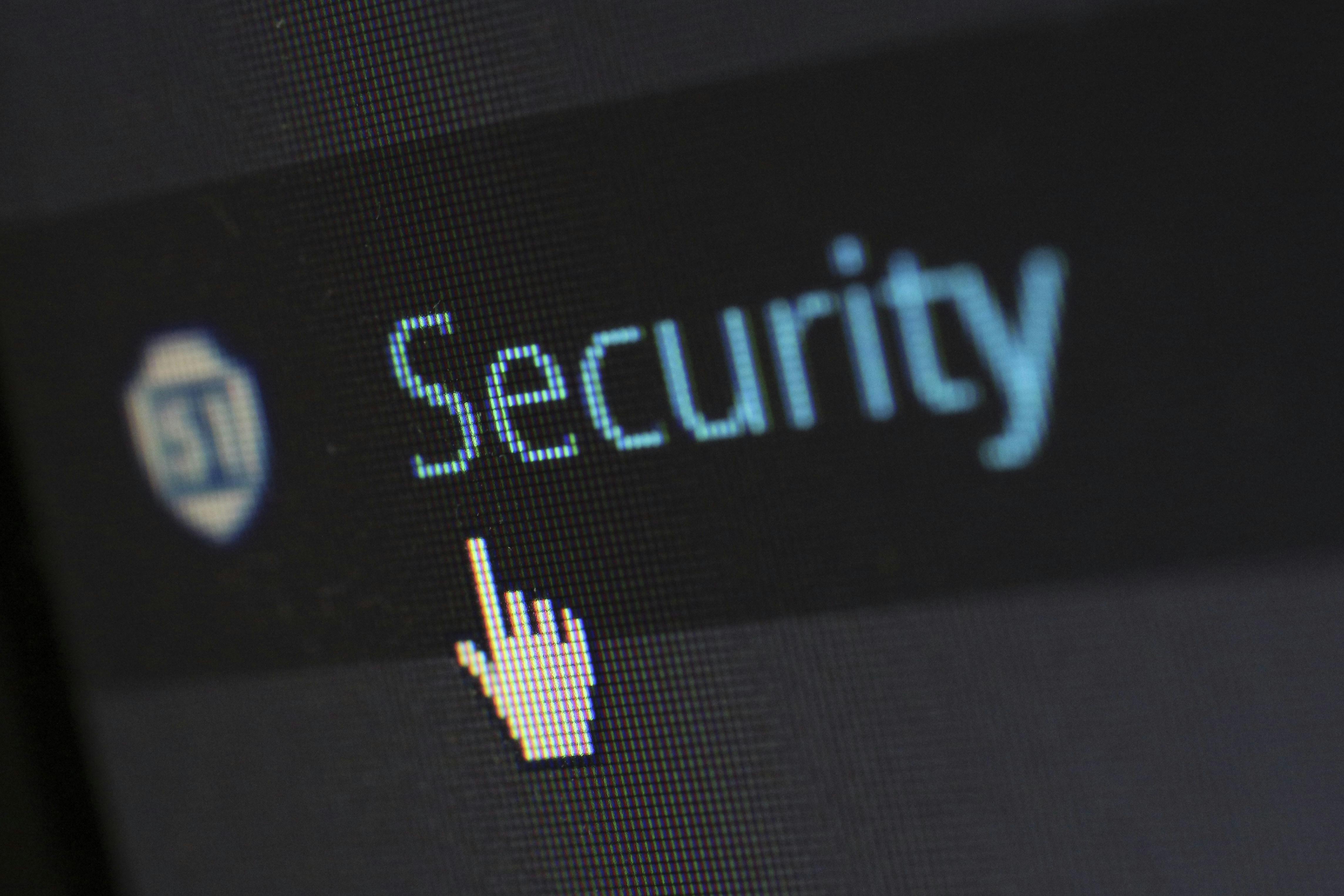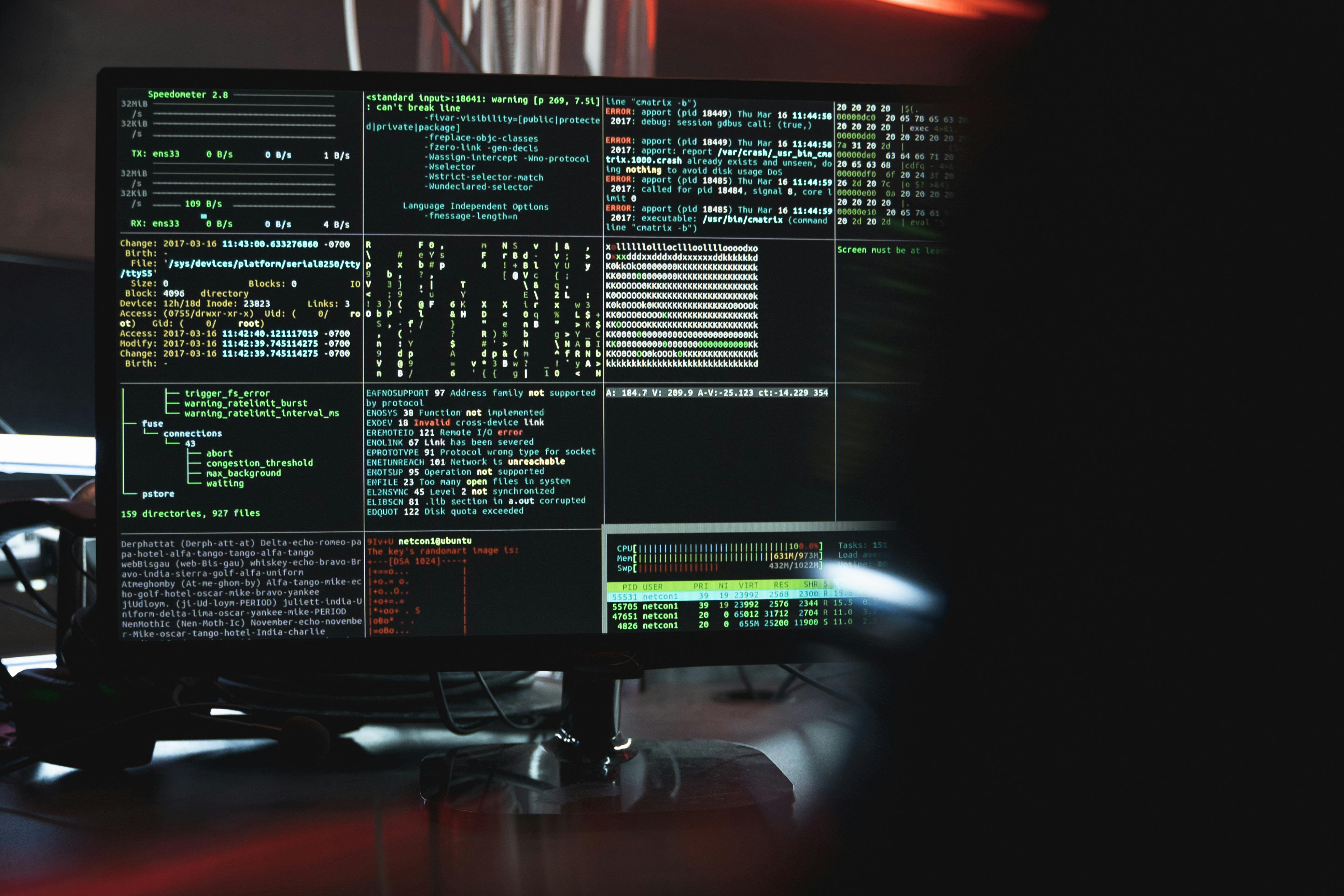
The Importance of Data Security in HR Systems
In the digital era, HR systems have evolved to store and manage vast amounts of sensitive employee data—from personal identification to payroll and performance records. While these systems streamline HR processes and improve efficiency, they also become prime targets for data breaches. This is why data security in HR systems is not just an option; it’s a necessity.
Secure your HR system today—because data protection is non-negotiable.
Why Data Security Matters
Protecting Personal Information:HR systems house highly confidential employee data. Ensuring this information is secure protects employees’ privacy and prevents identity theft.
Compliance with Regulations: Regulations like GDPR and other data protection laws require organizations to maintain strict standards for handling personal data. Failing to secure this information can result in heavy fines and reputational damage.
Maintaining Trust: Employees trust that their information is safe with their employer. A breach can erode this trust, leading to reduced employee morale and productivity.
Preventing Financial Losses: Beyond fines, a data breach can lead to significant financial repercussions, including legal fees and operational disruptions.

Best Practices for Data Security
Implement strong encryption protocolso protect data at rest and in transit.
Use multi-factor authentication (MFA) to add an extra layer of security.
Regularly update and patch software to prevent vulnerabilities.
Train employees on cybersecurity practices, as human error can be a common cause of breaches.
Data security in HR systems is essential for protecting employee information, maintaining trust, and ensuring regulatory compliance. By prioritizing robust security measures, businesses safeguard not only their data but their reputation and future.






